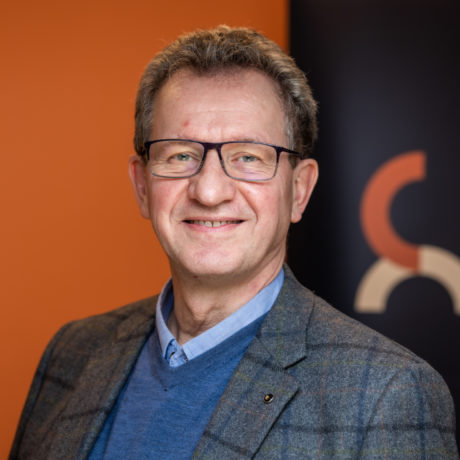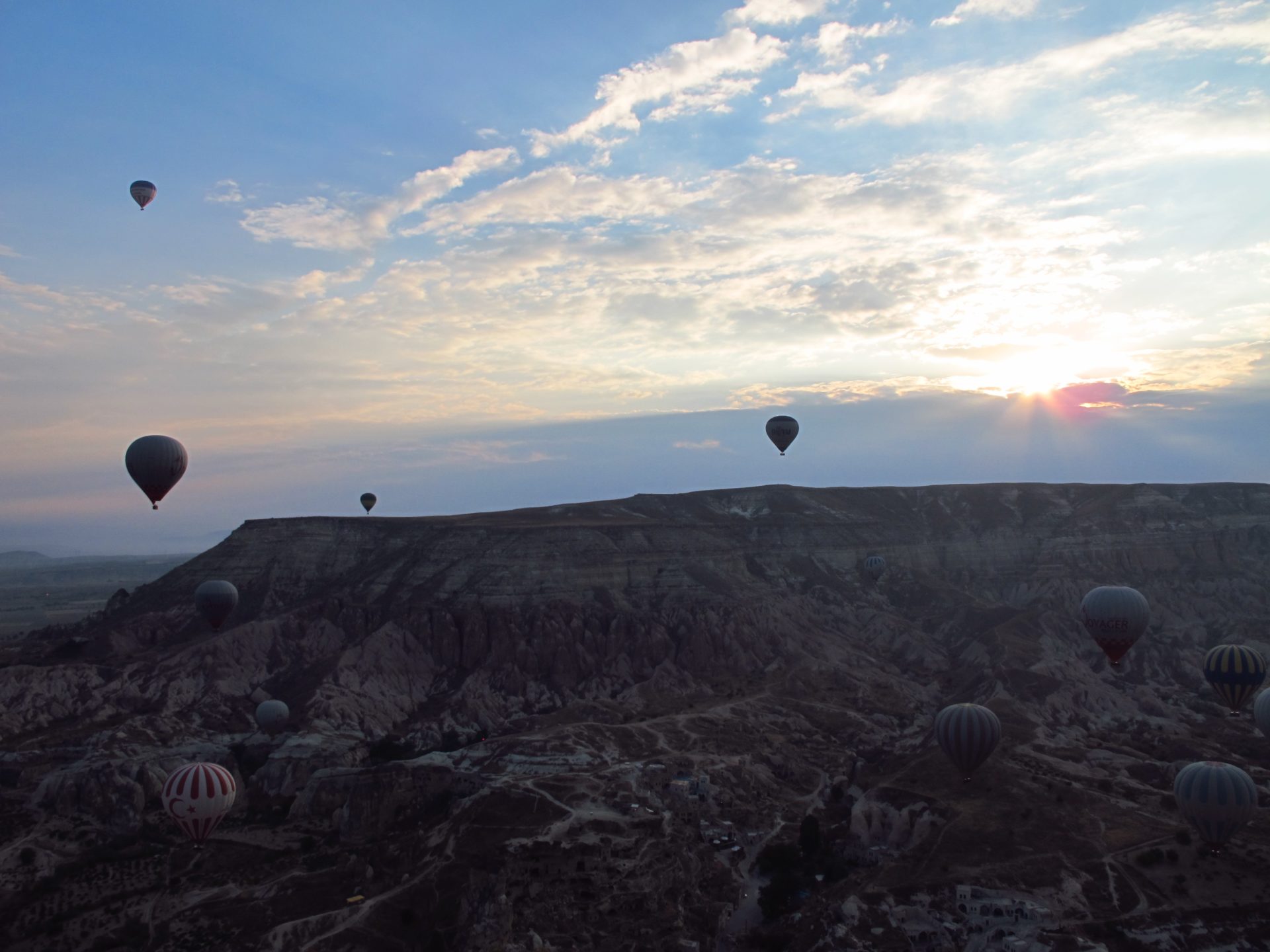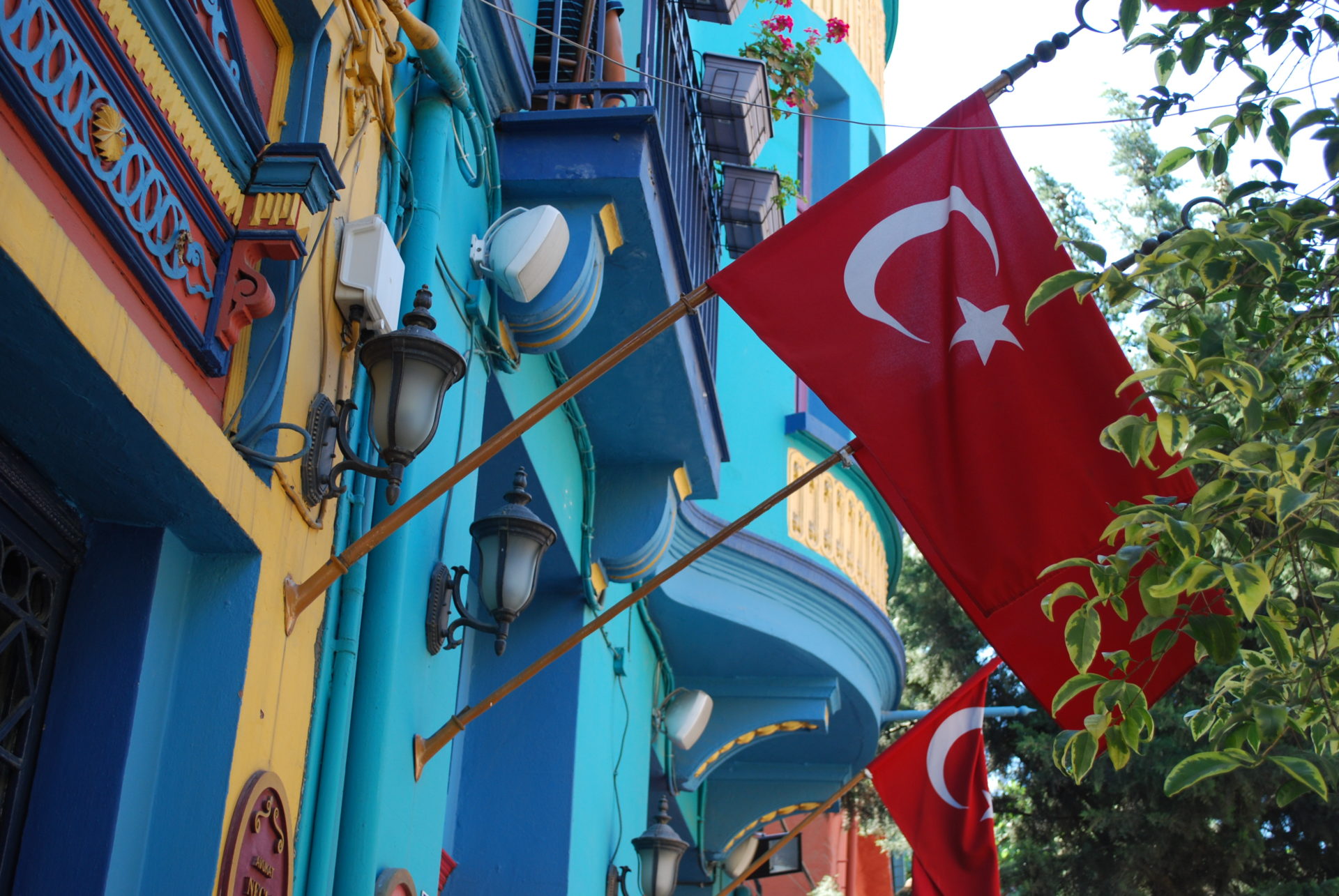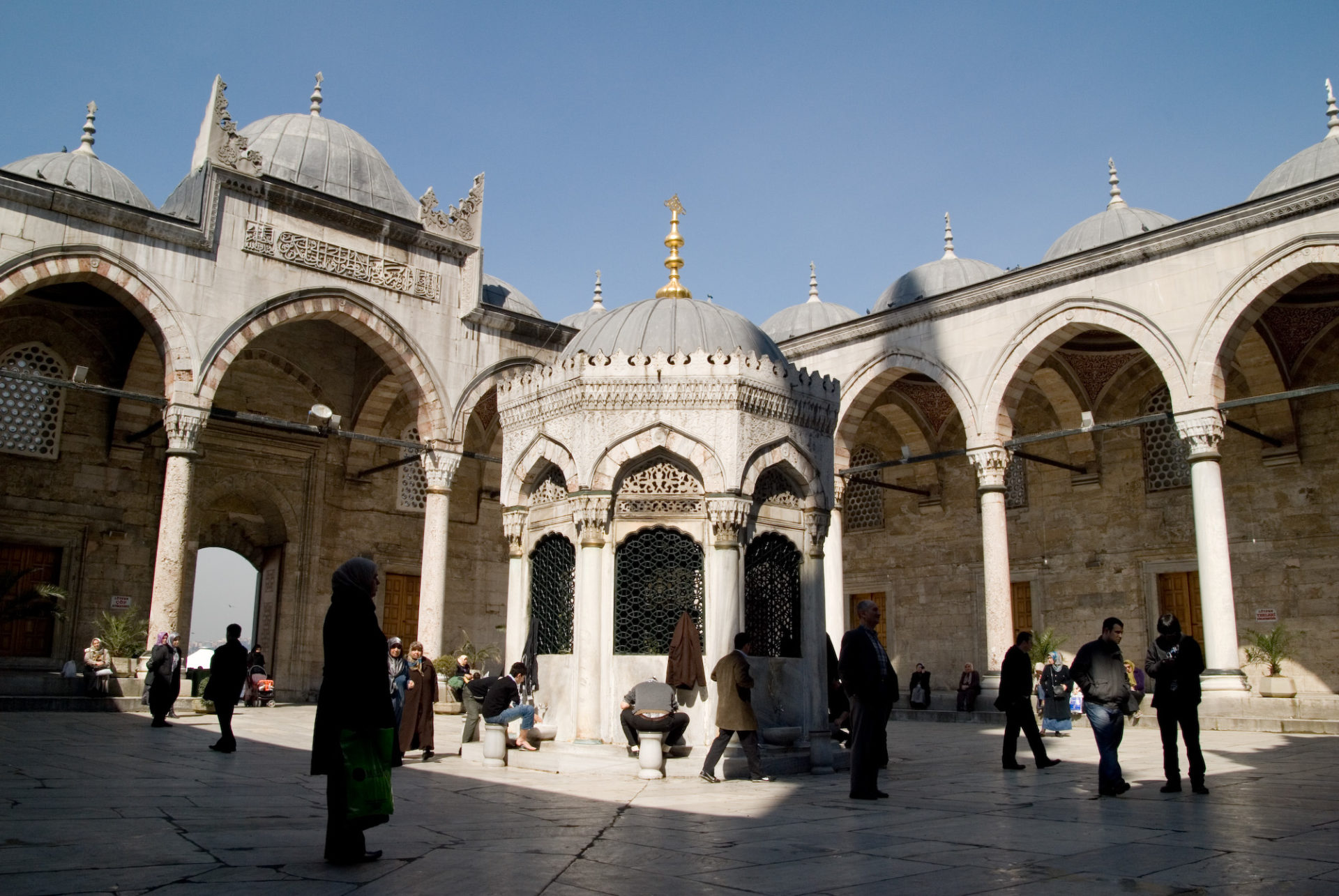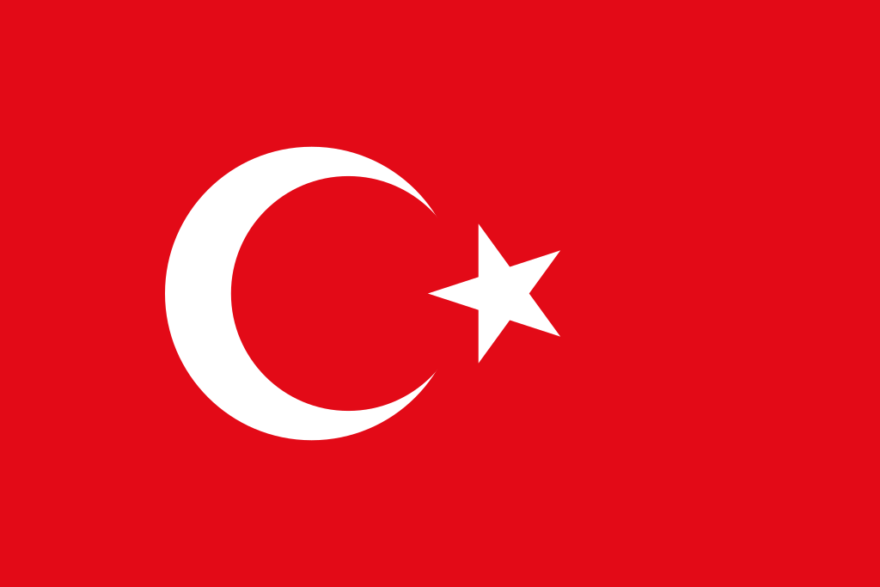
Turkey
- Governance: Republic
- Capital: Ankara
- Population: 81 million
- Language: Turkish (official), kurdish, arabian, armenian, greek
- Location: Southeast in Europe, southwest in Asia/Middle-east
- Democracy index: Not free, 32/100
Large parts of Turkey are located on the Anatolian plateau. The country also has a long coastline in both the Mediterranean and the Black Sea. The Bosporus Strait is one of the world’s most trafficked, with queues of ships going to the Black Sea or returning to the Mediterranean. 3% of Turkey’s territory is in Europe; the rest in Asia. The population is around 81 million.
The Turkish state was established in 1923 on the ruins of one of the greatest empires of world history, the Ottoman Empire. The founding father, Mustafa Kemal, introduced secular rule with little respect for civil and political rights. From the 1950s there was gradual democratization, but respect for freedoms of expression, assembly and religion remained weak. Negotiations on EU membership led to reforms in the early 2000s. Since 2002, under the reign of Recep Tayyip Erdogan, the judiciary, media and civil society were increasingly subjected to political control, especially after 2010. Today, conflicts related to the Kurdish minority in the country, still leads to substantial human losses.
Turkey today
In a referendum on 16 April 2017, a narrow majority said yes to introduce presidential rule, giving the president executive power as head of government. The main changes were that the president could be a member of a party, could appoint both Supreme Court judges and ministers of the government, could rule through decrees and declare a state of emergency. The position of Prime Minister was abolished, and the President is elected in direct election for five years at a time.
Critics point to strong concentration of power and weakening of the independence or role of institutions in controlling the President, including the parliament and the judiciary. Over 90% of the media are controlled by the government. Many journalists are imprisoned.
NHC
The NHC has been involved in human rights work in Turkey since the 1980s, including work against torture, promotion of women’s rights, strengthening political rights (including by election observation), supporting minority rights and freedom of religion or belief. The NHC has also participated in debates on prosecution of crimes and compensation to victims in the conflicts in Southeast Turkey during the 1980s and 1990s.
In 2013, the NHC began to support an initiative to monitor and promote respect for freedom of religion or belief in Turkey. The project has its own website where reports and statements are published in Turkish and English. The NHC collaborates with local organizations and institutions, including the Human Rights Foundation of Turkey.
History
The Ottoman Empire was on the losing side during the First World War. The defeat led to the collapse of the state apparatus and the loss of territories. During this period many Muslim refugees came to the area that today constitutes Turkey. Armenians, Greek Orthodox, Syrian Orthodox and other minorities were victims of persecution.
The Armenian genocide is the name of mass deportations and assassinations of Armenians under the Young Turks regime from 1915 to 1920. It is still controversial if ‘genocide’ is a proper term for these killings. Recent Turkish research, conducted under the auspices of historian Taner Akcam, indicates that there was indeed a plan in the Young Turks leadership to massacre Armenians.
Mustafa Kemal (who received the surname Atatürk in 1934) abolished the sultanate in 1922. He “Europeanized” the country with reforms in the field of justice, administration, alphabet and architecture. Turkey became a member of the Council of Europe in 1950 and of NATO in 1952. In 1987, the state applied for membership in the EU, but negotiations did not start until 2005. Several problem areas make negotiations difficult, including human rights and the conflict in Cyprus.
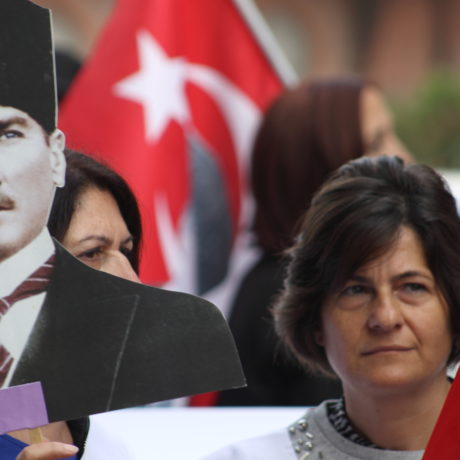
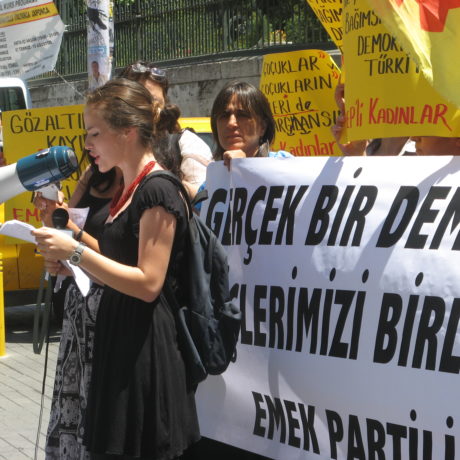
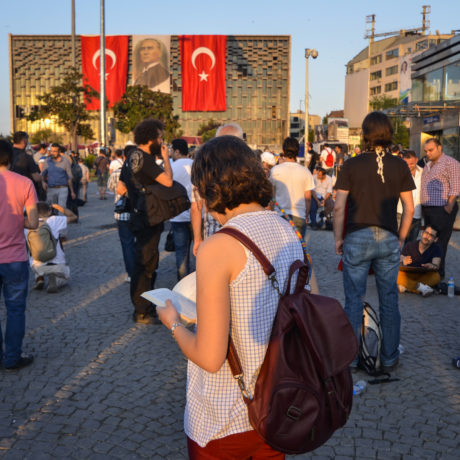
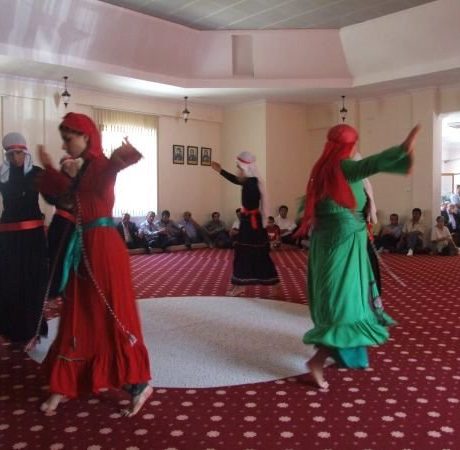
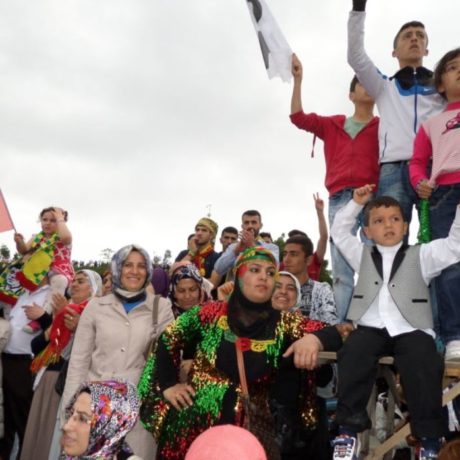
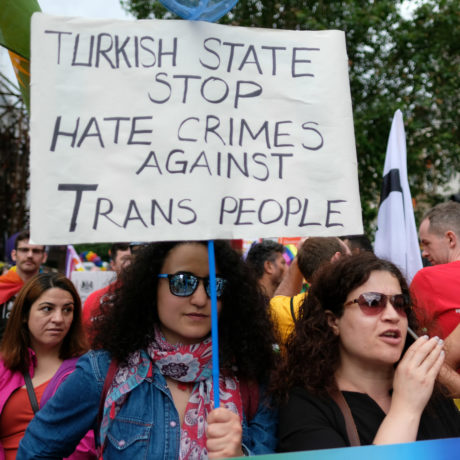
Timeline
- 1453: Sultan Mehmed II conquers Constantinople (Istanbul) and consolidates the Ottoman Empire
- 1918-1920: Division of the losing Ottoman Empire followed by the Turkish National Movement’s victory in the Independence War
- 1923: The National Assembly declares Turkey as a Republic and Mustafa Kemal as President
- 1928: Islam abolished as state religion; Turkey becomes a secular state
- 1950: First free election won by an opposition party (the Democratic Party). Member of the Council of Europe. Member of NATO in 1952.
- 1960, 1971, 1980, 1997: Military coups or strong military intervention in politics
- 2002: The Islamic-based Justice and Development Party (AK Party) wins the general elections
- 2004: The EU decides to start negotiations on membership
- 2011: Recep Tayyip Erdogan wins the general elections for the third time and gradually becomes Turkey’s strong man.
- 2015: The Pro-Kurdish People’s Democratic Party (HDP) elected to Parliament for the first time. Ceasefire with the Kurdish Labour Party (PKK) ends; escalation of conflict
- 2016: Failed coup attempt followed by extensive layoffs and imprisonment of persons suspected of having participated or supported the coup attempt; Gülen supporters accused of standing behind
- 2017: Narrow win for proposals to introduce presidential rule in referendum
- 2018: Erdogan wins presidential elections; starts reorganizing state apparatus for presidential rule

